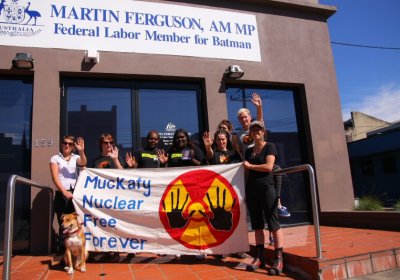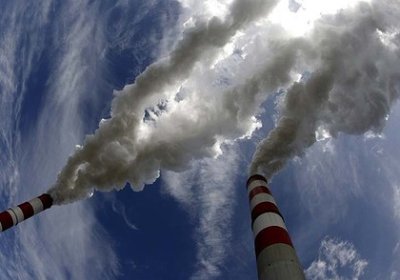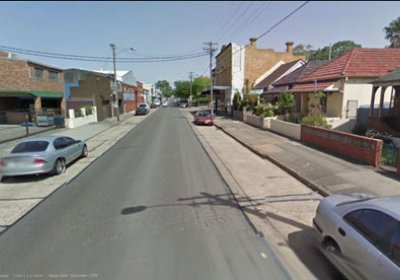Four Muckaty traditional owners — Penny Phillips, Jeannie Sambo, Kylie Sambo and Delvine Spiteri — visited Melbourne on June 25 to attend a federal court hearing concerning the nomination of Muckaty, 120 kilometres north of Tennant Creek in the Northern Territory, for a national nuclear waste dump.
Analysis
Hundreds of people braved heavy rain in Melbourne on July 1 to attend a rally to defend WikiLeaks founder Julian Assange. The rally was organised by the WikiLeaks Australian Citizens Alliance.
The Western Suburbs Alliance (WSA) released the statement below on June 29.
* * *
WSA has been formed by members of community groups and individuals in Claremont, Cottesloe, Mosman Park, Peppermint Grove, Nedlands and Subiaco concerned about the growing wave of fear, anger and alienation across the western suburbs resulting from the erosion of our democratic rights and the threats to our communities and built and natural environment by the Barnett Government.
There is something symbolic about the way media commentators have turned on WikiLeaks founder Julian Assange.
Here is a man heading an organisation that has exposed a whole array of serious war crimes committed by the most powerful nation on Earth and, for his troubles, confronts the real threat of extradition to the US via Sweden, where he could face a Supreme Court indictment and potential jail, torture or even the death penalty.
So now we have a carbon price in Australia. The sky hasn’t fallen in but neither are we getting anywhere near doing what needs to be done to respond to the climate change crisis.
Australia currently gets its energy in this mix:
• Fossil fuels: 95%, comprising coal: 39%, gas: 22%, petroleum: 35%
• Renewables: a miserable 5%.
According to the Labor government's own projections, with the carbon price, by 2035 Australia's energy mix will be:
• Fossil fuels: 91%, comprising less coal at 21%, more gas at 35%, petroleum: 36%
• Renewables: rising slightly to 9%.
July 1 is the new financial year and the start of many new government policies. This year, the carbon and mining taxes, and expansion of income management, or welfare quarantining, to five new locations.
People receiving Centrelink payments and living in Playford in South Australia, Logan and Rockhampton in Queensland, Greater Shepparton in Victoria, and Bankstown in NSW may be subject to the new system.
The carbon and mining taxes have generated hysterical debate, but the extension of income management has been noticeably underreported.
Not long after Melbourne’s recent earthquake a few wags leapt on Twitter to blame Australia’s carbon price for causing it. Greens Senator Richard Di Natale made the same joke in parliament a few days later.
Australia’s parliament voted to set up the Clean Energy Finance Corporation (CEFC) on June 26. The law was backed by Labor and Greens MPs. Mainstream environment groups have welcomed the initiative, saying the CEFC will make $10 billion available to fund clean energy.
With the dire warnings from climate scientists about the need to cut carbon emissions quickly, such a big investment in clean energy sounds like a good thing. But there is a catch: most of the money won’t be spent on clean energy at all.
Many have taken mining boss Gina Rinehart's bid to take up a seat on Fairfax's board of directors by buying up almost 20% of the media company's shares as a threat to its “independence” and “quality journalism”. But many opponents of Rinehart's bid are glossing over Fairfax's ugly record.
A Rinehart-controlled media would do much damage to the possibility of informed public discussions in Australia.
The Transform Drug Policy Foundation recently informed me of Count the Costs: 50 years of the war on drugs, a new online research tool developed to educate people on the need for drug law reform.
The problem of homelessness, high rentals and unlicensed boarding houses in Sydney’s inner west — often though of as one of the wealthier areas of Sydney — is growing, said Paul Adabie, acting director of the Newtown Neighbourhood Centre (NNC).
Adabie told Green Left Weekly these acute housing problems faced by the most disadvantaged and vulnerable.
Having taken her share in Fairfax Media to nearly 20%, Gina Rinehart has demanded a greater say in the workings of Fairfax, including editorial matters at its major papers The Age and The Sydney Morning Herald.
Fairfax’s board has so far rejected Rinehart’s manoeuvres, saying she must first commit to signing the “Fairfax Media Charter of Editorial Independence”, which is based on the “fundamental and longstanding principle of editorial independence”.
- Previous page
- Page 392
- Next page










